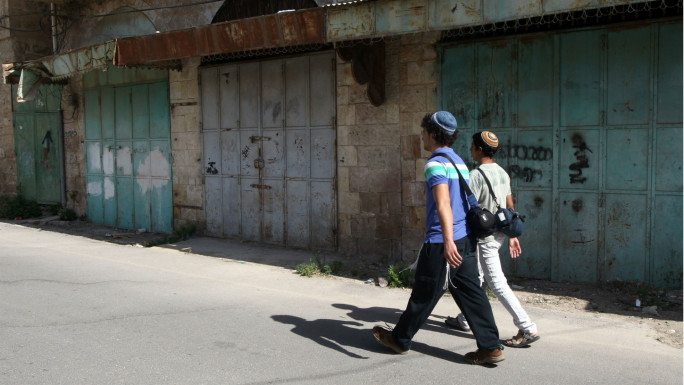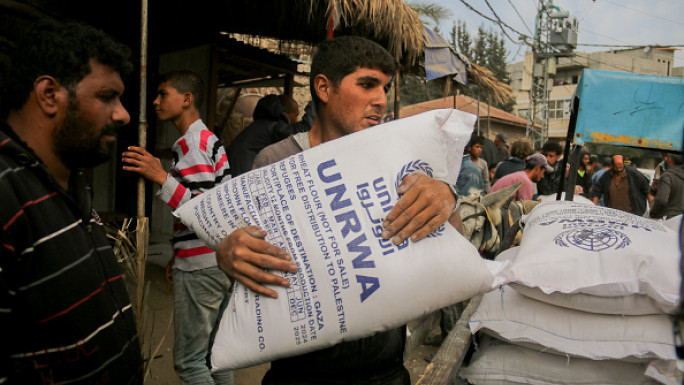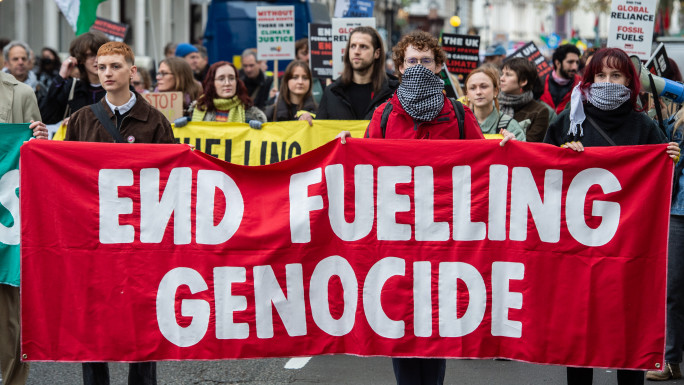Millions of Jordanians to be hit, as government cuts bread subsidies by 25 percent
The government budget for 2020, which was seen by The New Arab, revealed that the allocation for poor and low-income groups benefiting from the bread subsidy allowance was reduced to about $183.3 million - compared to the $246.7 million allocated in 2019.
The Jordanian parliament slashed bread subsidies last January but pledged to invest in cash support for low-income families in order to offset the difference.
Jordan approved a series of punishing economic reforms after parliament voted to pass a controversial tax law in November 2018, which in its original form sparked angry protests during the summer when details of the plans were first revealed.
Jordan's introduction of a sales tax and scrapping of subsidies on bread that year was part of the IMF reforms for the debt-burdened country.
The Jordanian government is now looking to reduce the number of those benefiting from the cash support brought in after bread subsidies were cut, a source familiar with the matter told The New Arab.
Around 5.8 million Jordanians benefited from the government support this year, according to recent data from the Income and Sales Tax Department.
Sahm Al-Abadi, an expert on consumer issues, warned that the government move to reduce spending on bread subsidies, and thereby the numbers of those receiving support, will impose additional financial burdens on Jordanian citizens.
"We call on the government to reconsider. The House of Representatives must act responsibility when it discusses the draft budget, by not agreeing to the reduction and maintaining the cash support allocations for bread at their current levels," Al-Abadi told The New Arab, pointing to a significant decline in living standards in Jordan in recent years.
Demonstrations rocked the capital Amman and several other cities in the summer of 2018 after the government adopted a draft income tax law and announced new price hikes based on recommendations by the International Monetary Fund (IMF).
Read more: Jordan enacts major cabinet reshuffle to address economic woes
Jordan, a mostly desert kingdom with few resources, has seen prices of several basic goods and services like bread, fuel and electricity steadily rise over the past year.
They were the latest measures in a series of economic reforms since Amman secured a $723 million three-year credit line from the IMF in 2016.
The loan, intended to support economic and financial reforms, has the long-term objective of reducing Jordan's public debt from about 94 percent of GDP to 77 percent by 2021.
Follow us on Twitter and Instagram to stay connected






 Follow the Middle East's top stories in English at The New Arab on Google News
Follow the Middle East's top stories in English at The New Arab on Google News

![Israel has occupied the Syrian Golan Heights since 1967 [Getty]](/sites/default/files/styles/image_330x185/public/2024-11/GettyImages-2126121990.jpg?h=199d8c1f&itok=dSf_XSGo)
